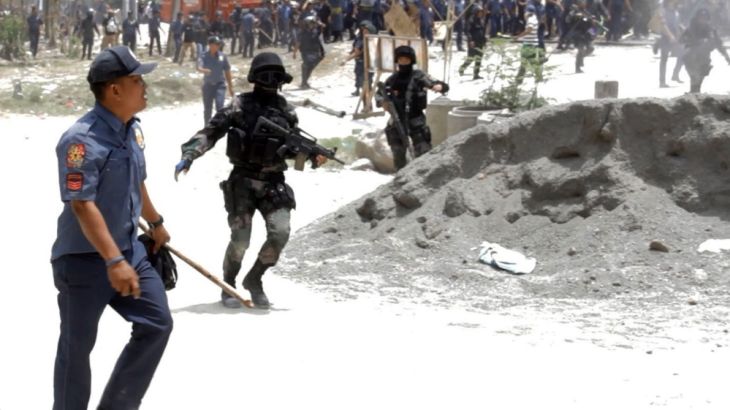Blockade of southern Philippines hurts locals
Malaysian move to stop attacks in its territorial waters affects trade and transit routes between Sabah and Mindanao.

The Malaysian government has imposed a naval blockade to prevent attacks in the southern Philippines after the US state department issued a travel warning urging Americans to avoid the area due to threat of attacks, kidnapping and insurgency.
Malaysia’s government says the action has been taken to stop a series of kidnappings in its territorial waters, which it blames on Abu Sayyaf, an armed group based in Mindanao in the southern Philippines.
But for some famillies in the Philippines, the blockade is having a devastating effect.
Abdulhamil, a resident of the southern Philippine region of Tawi-tawi, wanted to take his son to the hospital.
Reaching the nearest hospital, which is located in Malaysia, would require them to get on a boat and cross the Sulu Sea. But that is not possible due to the naval blockade.
For centuries, this has been the most important trading route between the two countries, and rights groups say the blockade is affecting trade and transit routes for thousands who regularly cross between Sabah in Malaysia and Tawi-tawi in Mindanao.
And its close proximity to Sabah means more than 70 percent of its economy is dependent on its trade with the state.
The Malaysian embassy in Manila said it will not release an official statement about the blockade.
As the situation worsens, Tawi-tawi’s governor is asking the Philippines to do more.
In September, members of Abu Sayyaf – listed by the US and Philippines as a terrorist organisation – kidnapped a Filipino woman, two Canadians and a Norwegian from a popular resort island.
The fighters have threatened to behead the foreign hostages on April 25 if a $19.5m ransom is not paid.
